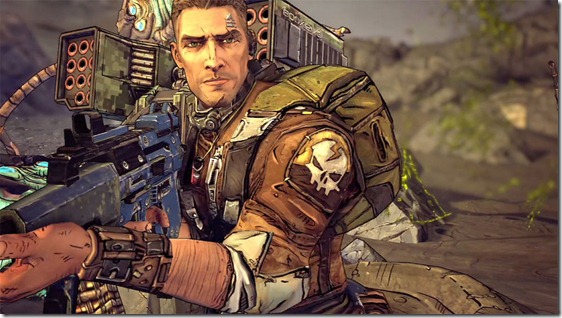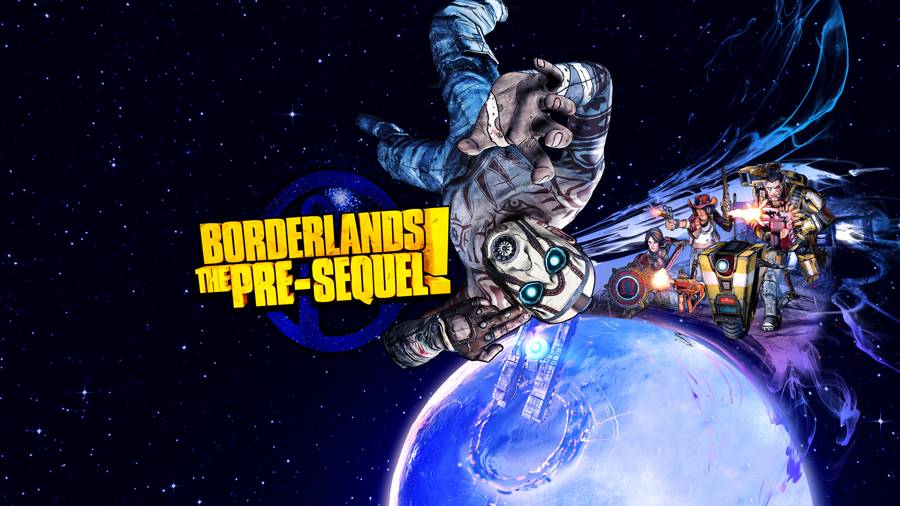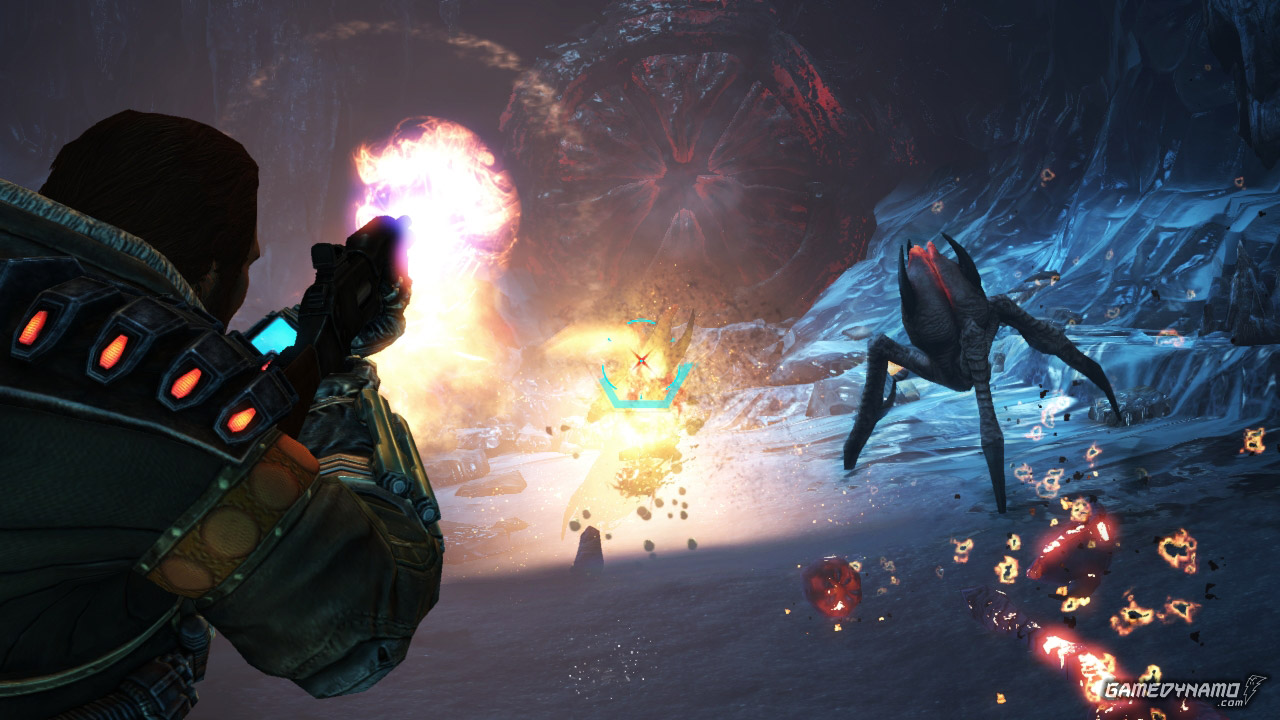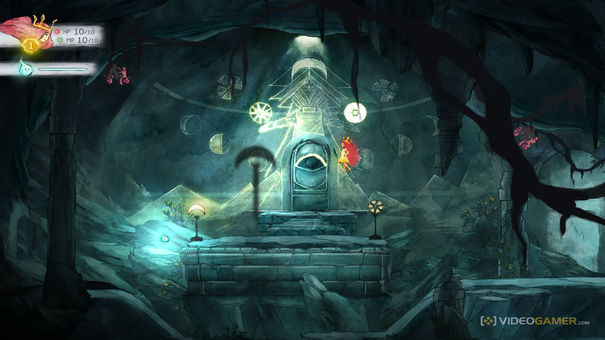


Remember Irrational Games? You should do, really. For the uninitiated it'll be a bit more recognisable under the 2K Boston and 2K Australia monikers, the studio names it was branded with when taken under the publishing arm of Take-Two Interactive back in 2006. You'll know it as the team that developed BioShock three years ago to immense critical and commercial success.
But its story goes beyond the Big Daddies and Ayn Rand philoso-gaming. The studio had been born in '97, giving it ten years of history before its biggest mainstream title. Irrational Games had come from the same stock as the brilliant but doomed Looking Glass Studios: similar development team, similar development style. Together they formed the yin and yang of innovative and well written games development as two companies that, at their best, offered games for the thinking man.
They also had a hell of a lot of bad luck between them. Irrational Games is about as well known for the games it made as they are for the ridiculous vertical climb it faced when trying to get games out of the studio and into stores.
It had begun as an industry underdog, a company that had branched off of Looking Glass to develop its own titles. Back in the mid-nineties the studio had released the critically adored System Shock, a cyberpunk action-RPG and spiritual predecessor to BioShock that followed the story of a hacker. Unfortunately Looking Glass' success/failure rate had an incredible bipolar streak. In the middle of the decade it had developed another fantastically successful and very dark first-person stealth series, Thief, but not before making a commercial disaster or two.
The disasters might as well come in laundry-list format. In '96 it had released Terra Nova: Strike Force Centauri, a tactical FPS that was an immense commercial flop. Terra Nova had been one of Looking Glass' attempts to publish a game on its own, leaving the company with the publishing debt when the game ultimately failed. That was the first road-sign on its journey toward a total studio collapse.
In between the deadlines and the finance problems, most development companies have a bloody hard time. A developer will enter a contract with a publisher to make a game; the publisher will cough up the money when the team meets particular targets for the game. But if the money dries up before then, the developer is forced to either scout around for more or go out of business. Finding money to feed development costs will often mean the developer begs, borrows, and is left with a debt to pay off in the future. The issue you're left with is how to churn out a complex game in a short period of time.




 Borderlands The Pre- Sequel Guide: Concordia Vault Symbol Locations
Borderlands The Pre- Sequel Guide: Concordia Vault Symbol Locations Walkthrough LEGO: Jurassic World STORYLINE JURASSIC PARK 2: THE LOST WORLD
Walkthrough LEGO: Jurassic World STORYLINE JURASSIC PARK 2: THE LOST WORLD Lost Planet 3 Achievements & Trophies Guide
Lost Planet 3 Achievements & Trophies Guide The New Genre Of Minecraft Games - What Are They?
The New Genre Of Minecraft Games - What Are They? Digital Days 2013:A Glimpse Into Ubisofts Future
Digital Days 2013:A Glimpse Into Ubisofts Future